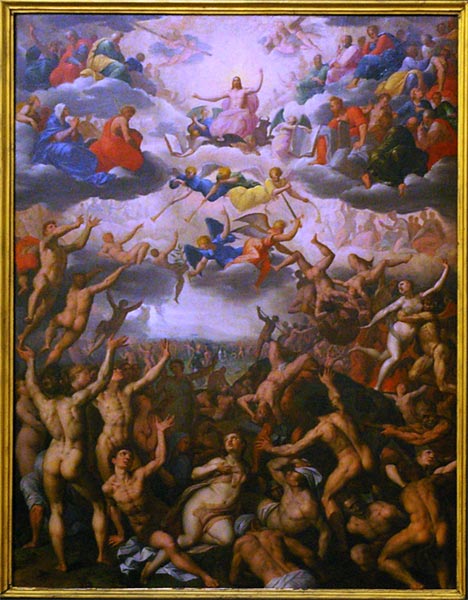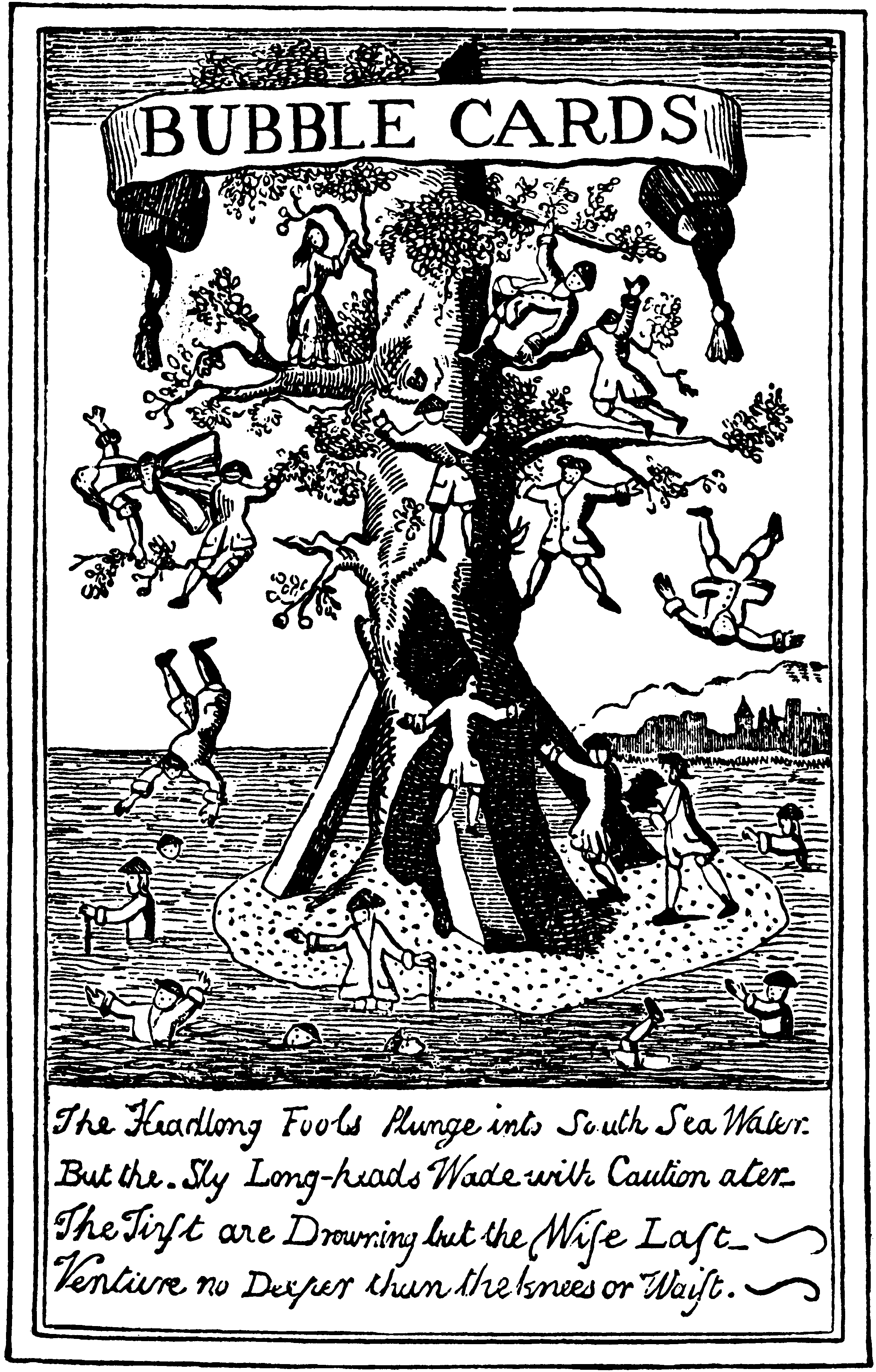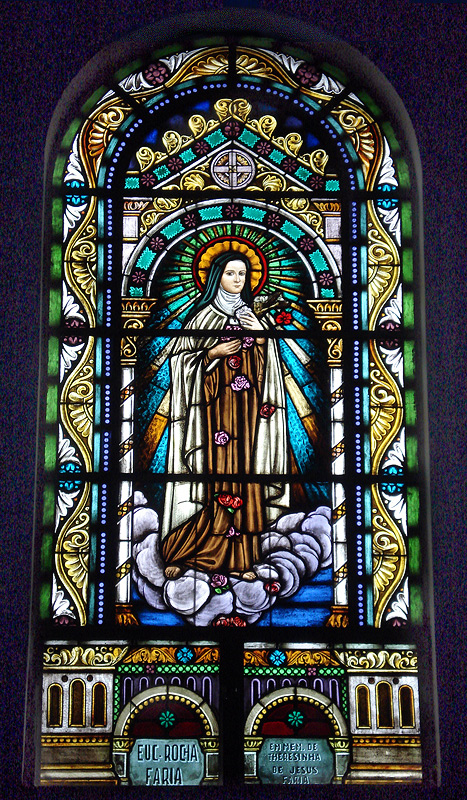In translation at least - I'm not competent to comment on Latin poetry, but I have heard such Neo-Gallican works of the eighteenth century condemned as "frigid" - I rather like the output of Charles Coffin (1676-1749), sometime rector of the University of Paris (see his engraving here; and, if you read French, something about him here), then acclaimed a considerable Latin poet, and considered by some saintly, but who died without benefit of the last rites because of embroilment in the Jansenist controversy. His hymns were used, somewhat controversially, to replace age-old compositions in the new Paris Breviary of 1736, and thence were quarried by High Church Anglicans in the nineteenth century, such as John Chandler, who translated his Advent hymns, alongside many others, in 1836.
Below I gave his Matins hymn, Instantis Adventum Dei, Englished as "The coming of our God" by R. Campbell et al., which is also available in many other versions; here I subjoin, first, his other well-known hymn, Jordanis oras prævia, which we sing as "On Jordan's bank the Baptist's cry" (not to be confused with "On Jordan's Bank the Baptists cry", which would refer to ululating American Protestants from the Southern States on some fundamentalist pilgrimage!), and then two other lesser-known ones, for Vespers and Compline (since the latter in the Paris Breviary had seasonal hymns, just as in various Breviaries of religious orders). It must be noted that only recourse to the Breviarium Parisiense, Pars Hiemalis, together with my recent serendipitous find (again via Google Books) of John Chandler's The Hymns of the Primitive Church, yielded up their Latin originals and the versions of some of them.
Jordanis oras præviaVox ecce Baptistæ quatit:Præconis ad grandes sonosIgnavus abscedat sopor.Au[c]toris adventum suiTellus, et æther, et marePrægestiente sentiuntEt jam salutant gaudio.Mundemus et nos pectora:Deo propinquanti viamSternamus; et dignam domumTanto paremus hospiti.Tu nostra, tu, Jesu, salus;Tu robur et solatium:Arens ut herba, te sineMortale tabescit genus.Ægris salutarem manumExtende: prostratos leva:Ostende vultum, jam suusMundo reflorescet decor.Qui Liberator advenis,Fili, tibi laus maximaCum Patre et almo SpirituIn sempiterna saecula. Amen.On Jordan's bank the Baptist's cryAnnounces that the Lord is nigh:Come then and hearken, for he bringsGlad tidings from the King of kings.E'en now the air, the sea, the landFeel that their Maker is at hand;The very elements rejoice,And welcome Him with cheerful voice.Then cleansed be every Christian breast,And furnished for so great a Guest!Yea! let us each our hearts prepareFor Christ to come and enter there.For Thou art our salvation, Lord,Our refuge and our great reward,Without Thy grace our souls must fade,And wither like a flower decayed.Stretch forth Thine hand, to heal our sore,And make us rise, to fall no more;Once more upon Thy people shine,And fill the world with love divine.To Him, Who left the throne of HeavenTo save mankind, all praise be given:Like praise be to the Father done,And Holy Spirit, Three in One.
– tr. John Chandler.
I have only just tracked down Coffin's Vesper hymn, and I think I know why it didn't prove so popular as its brothers already quoted: it's rather grim, and does sound a bit Jansenist (albeit remaining quite orthodox!) - here it is, again in a version by Chandler (which manages to telescope two stanzas into one, BTW):
Statuta decreto DeiTandem propinquant tempora:Emptus tot annorum moraAffulget e cœlo dies.Patris nefando crimineProles jacebat saucia:In mortis umbra conditumSedebat humanum genus.Morti secundæ debitosEt sempiternis ignibusHorrenda justi judicisManebat expectatio.Heu! quis ruinæ tam gravisSarcire damna; quæ manusAfferre tam grandi queatParem medelam vulneri?Tu, Christe, tu solus tuoDelapsus e throno Deus,Imagini potes tuæFormam decusque reddere.Rorate, cœli, desuper,Justumque fœcundo sinuComplexa tellus, perditoOrbi salutem germinet.Sit sempiterna laus tibi,Verbum Patris factum caro,Cum Patre, cumque SpirituNunc, et per omne sæculum. Amen.The rolling years at length fulfil,The counsels of th' Eternal will;More precious for the long delay,Shines forth from heaven the joyful day.Since Adam fell, his sinful raceLay sunk in ruin and disgrace;In shade of night forlorn they sate,And waited for their awful fate.Alas! and who can undertakeAmends for man's offence to make?Where can a remedy be foundSufficient for so sore a wound?Thou, Jesu Christ, yea, Thou alone,Descending from Thy Father's throne,The heavenly likeness canst restore,God's image, which at first we bore.Send Him, ye heavens, from above,That so the earth, with grateful love,May th' everlasting seed embraceThe Saviour of our long-lost race.All praise and glory we afford,To Jesus, the incarnate Word:And God the Father we adore,And Holy Ghost, for evermore.
Finally, an old copy of Hymns Ancient and Modern yielded up this translation, made by the compilers thereof in 1861, of Coffin's Compline hymn for Advent, "suitable for a late evening service":
When shades of night around us close,
And weary limbs in sleep repose,
The faithful soul awake may be,
And longing sigh, O Lord, to Thee.
Thou true Desire of nations, hear,
Thou Word of God, Thou Saviour dear;
In pity heed our humble cries,
And bid at length the fallen rise.
O come, Redeemer, come and free
Thine own from guilt and misery;
The gates of Heav’n again unfold,
Which Adam’s sin had closed of old.
All praise, eternal Son, to Thee,
Whose advent sets Thy people free,
Whom with the Father we adore
And Holy Ghost forevermore.
In noctis umbra desides
Dum somnus artus occupat,
Ad te, Deus, fidelibus
Mens excubat suspiriis.
Desiderate gentibus,
Verbum Patris, mundi salus,
Audi preces gementium,
Tandemque lapsos excita.
Adsis, Redemptor, et tuæ
Plebis relaxans crimina,
Adæ scelus quas clauserat,
Reclude cœlestes domos.
Qui liberator advenis,
Fili, tibi laus maxima
Cum Patre, cumque Spiritu
In sempiterna sæcula. Amen.
Now that these Advent hymns (four in all, one being on that earlier posting) can be compared, I think that the general theme, especially clear in those for Vespers and Compline, of Christ coming in human flesh to restore to fallen man the Divine likeness lost by Adam's sin is clear. I would say that the generally more positive tone of the Matins and Lauds hymns propably accounts for their greater popularity as nice songs for Advent!


 e first said, "I sold financial instruments so arcane, no one could calculate their value - not even me."
e first said, "I sold financial instruments so arcane, no one could calculate their value - not even me."

















